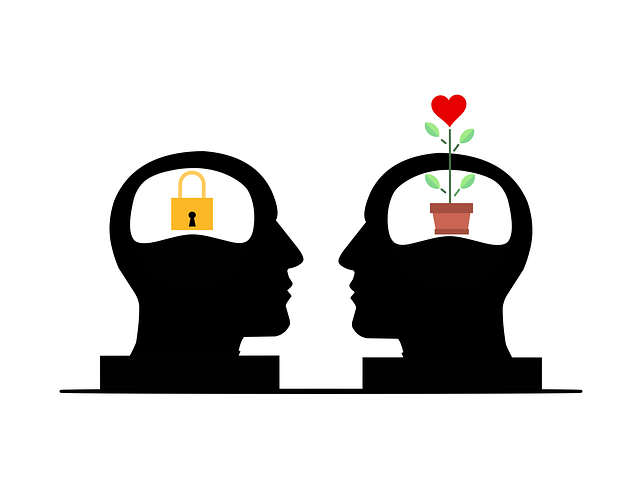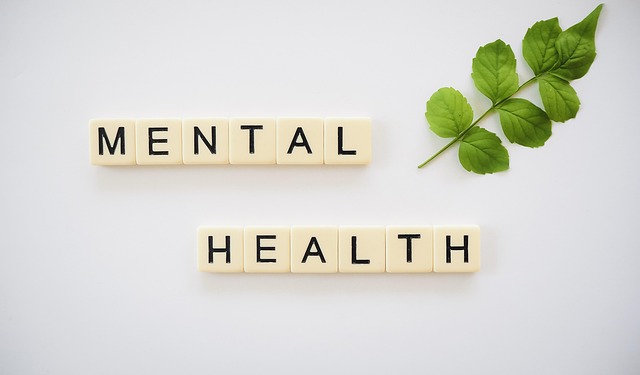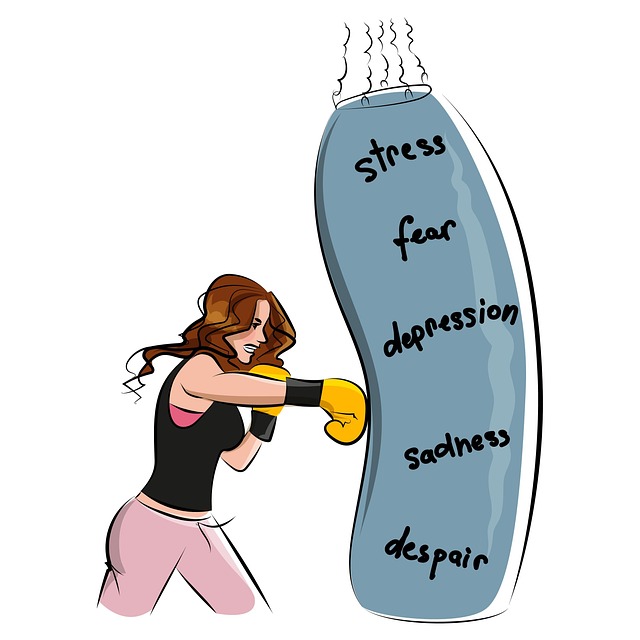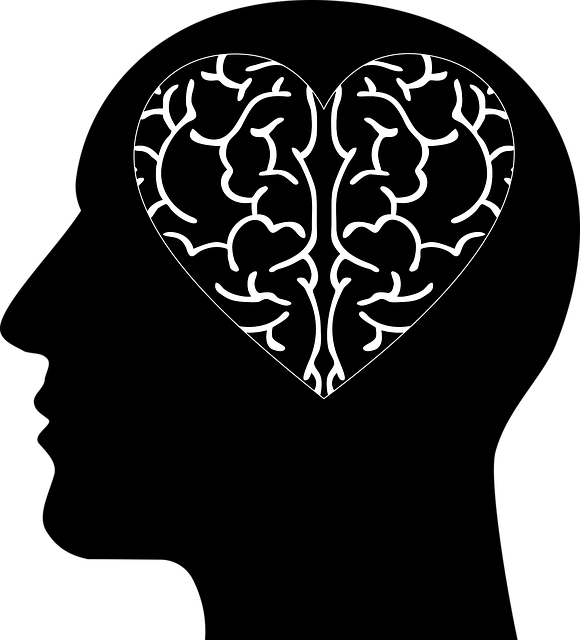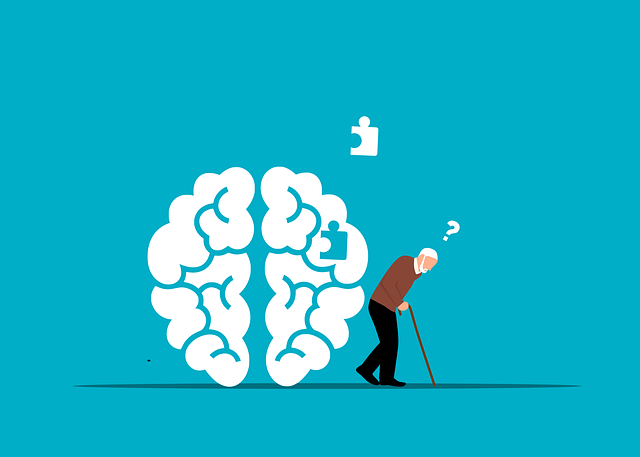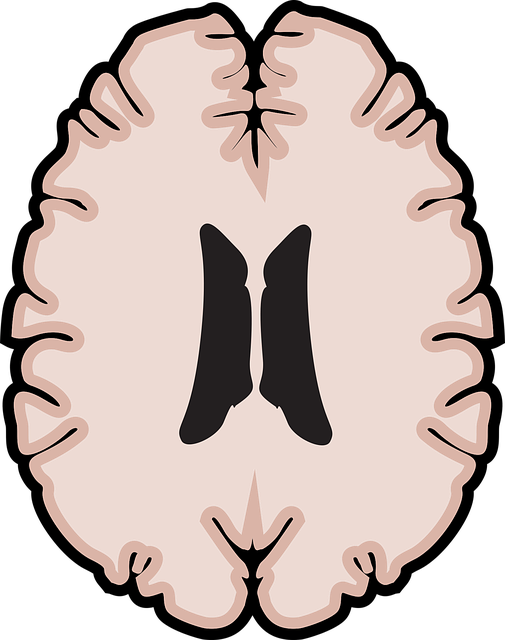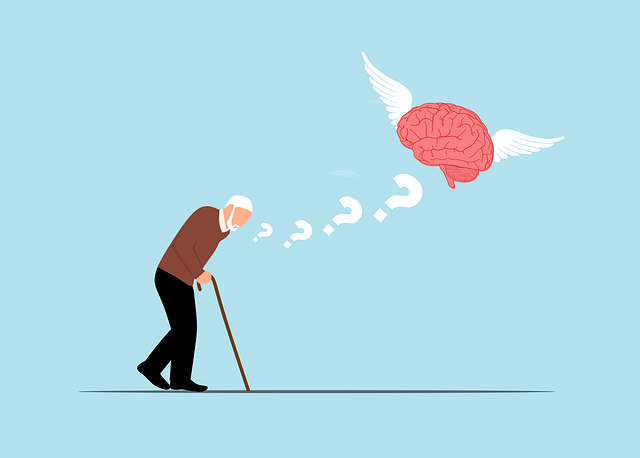Emotion regulation is vital for navigating life's challenges, especially during stressful modern times. Boulder Divorce Therapy emphasizes teaching techniques to enhance mental health, strengthen relationships, and build empathy. Their holistic approach combines traditional counseling with innovative practices to address emotional complexities and past traumas related to divorce. Cognitive restructuring, social skills training, mindfulness, and lifestyle changes are utilized to empower individuals to cope gracefully and maintain healthy connections. Public awareness campaigns promote early intervention and foster well-being communities, making mental health discussions more accessible.
Emotion regulation is a vital skill, crucial for navigating life’s challenges and fostering healthy relationships. In today’s fast-paced world, learning to manage emotions effectively can prevent relationship strain, reduce stress, and enhance overall well-being. This article explores various techniques, focusing on the role of Boulder Divorce Therapy in teaching powerful tools. From cognitive strategies to mindfulness practices and lifestyle changes, discover how these methods can help individuals achieve emotional balance and resilience.
- Understanding Emotion Regulation: Why It's Crucial in Life and Relationships
- The Role of Boulder Divorce Therapy in Teaching Effective Techniques
- Cognitive Strategies: Identifying and Challenging Distorted Thoughts
- Mindfulness Practices for Present-Moment Awareness and Calming Emotions
- Lifestyle Changes and Support Systems: Nurturing Emotional Well-being
Understanding Emotion Regulation: Why It's Crucial in Life and Relationships

Emotion regulation is a vital skill that plays a significant role in our daily lives and overall well-being. It involves understanding, managing, and responding to our emotions effectively, ensuring they don’t overwhelm us or harm our relationships. In today’s fast-paced world, where stress and anxiety are prevalent, learning to regulate emotions is more crucial than ever. This is especially true for individuals going through challenging life transitions, such as divorce, which can trigger a whirlwind of emotions. Boulder Divorce Therapy emphasizes the importance of emotion regulation techniques teaching as a key component in their programs.
By mastering these skills, people can improve their mental health and strengthen their relationships. Empathy building strategies, for instance, foster deeper connections by enabling individuals to understand and share the feelings of others. Mental Health Education Programs Design often incorporate stress reduction methods to help people manage difficult emotions and promote a sense of calm. These techniques empower individuals to navigate life’s challenges with resilience and grace, ensuring they maintain healthy relationships even during turbulent times.
The Role of Boulder Divorce Therapy in Teaching Effective Techniques

Boulder Divorce Therapy offers a unique and specialized approach to teaching emotion regulation techniques, making it an invaluable resource for individuals navigating challenging life transitions. This form of therapy goes beyond traditional counseling by incorporating holistic practices tailored to address the emotional complexities often associated with divorce or separation. Through its comprehensive programs, Boulder Divorce Therapy equips clients with powerful tools to manage and understand their emotions effectively.
The therapy’s focus on mental wellness coaching enables individuals to develop a deeper sense of self-awareness and resilience. By providing trauma support services and crisis intervention guidance, the program helps clients process past traumas related to their divorce while offering strategies to cope with current stressors. This multi-faceted approach ensures that participants gain not just emotional regulation skills but also improved overall mental wellness.
Cognitive Strategies: Identifying and Challenging Distorted Thoughts

Cognitive strategies are a powerful tool for emotion regulation, especially when it comes to navigating challenging situations like divorce. One of the key aspects is learning to identify and challenge distorted thoughts that often arise during times of stress. These include all-or-nothing thinking, catastrophizing, and overgeneralization, which can significantly impact one’s emotional state. For instance, a person going through a divorce might think, “I’m completely alone and will never find love again,” which is an exaggeration and doesn’t reflect reality.
By practicing cognitive restructuring, individuals can replace these negative thought patterns with more realistic and balanced perspectives. This process involves questioning the validity of such thoughts and finding evidence to support or refute them. For example, in the context of Boulder Divorce Therapy, a therapist might guide a client to consider their past successes in relationships and the potential for new ones, fostering positive thinking and empathy-building strategies that can greatly aid in emotion regulation. Social skills training can also be integrated into this process, helping individuals communicate their feelings effectively and build supportive connections during and after the divorce process.
Mindfulness Practices for Present-Moment Awareness and Calming Emotions

In today’s fast-paced world, mindfulness practices have emerged as a powerful tool for navigating life’s challenges, especially in contexts like Boulder Divorce Therapy. Present-moment awareness, a cornerstone of mindfulness, involves focusing on the here and now, accepting thoughts and feelings without judgment. This simple yet profound technique can significantly enhance emotional regulation by calming the mind and reducing reactive impulses. When individuals learn to observe their emotions rather than getting swept away by them, they gain valuable time to choose responses that foster healthier coping mechanisms.
Mindfulness also plays a crucial role in developing inner strength, as encouraged in Public Awareness Campaigns Development and Mental Wellness Journaling Exercise Guidance. Regular mindfulness practices can help individuals cultivate a deeper connection with their feelings, enabling them to respond to stressful situations with greater clarity and resilience. By integrating mindfulness into daily routines, one can foster a sense of composure, making it easier to manage intense emotions and promote overall mental wellness.
Lifestyle Changes and Support Systems: Nurturing Emotional Well-being

Emotional well-being is a cornerstone of overall health, and lifestyle changes play a significant role in mastering emotion regulation techniques. Simple yet powerful shifts, such as adopting a balanced diet, engaging in regular physical activity, and prioritizing quality sleep, can significantly impact an individual’s emotional resilience. These habits not only reduce stress levels but also enhance the brain’s ability to manage and respond to intense emotions, making it easier to navigate life’s challenges. For instance, a study published in Psychoneuroendocrinology found that regular exercise increases gray matter volume in areas of the brain associated with learning, memory, emotion regulation, and decision-making.
Moreover, building a robust support system is vital for nurturing emotional wellness. Surrounding oneself with understanding friends, family, or support groups can provide a safe space to share experiences, gain different perspectives, and learn empathy-building strategies. This social connection acts as a buffer against stress and promotes healthy coping mechanisms. For individuals going through transitions like divorce, seeking professional help from Boulder Divorce Therapy can be transformative. These therapists often incorporate Mental Wellness Coaching Programs Development tailored to individual needs, empowering clients to develop resilience and navigate emotional landscapes with grace. Public Awareness Campaigns Development on mental health also plays a crucial role in normalizing conversations about emotion regulation, encouraging early intervention, and fostering communities that prioritize overall well-being.
Emotion regulation is a vital skill that enhances overall well-being, strengthens relationships, and facilitates effective coping. As discussed in this article, various techniques such as cognitive strategies, mindfulness practices, and lifestyle adjustments play significant roles in mastering emotional control. Specifically, Boulder Divorce Therapy has proven effective in teaching these skills, empowering individuals to navigate life’s challenges with greater resilience and emotional balance. By understanding and implementing these techniques, folks can foster a more harmonious relationship with their emotions, ultimately revolutionizing their daily experiences.


